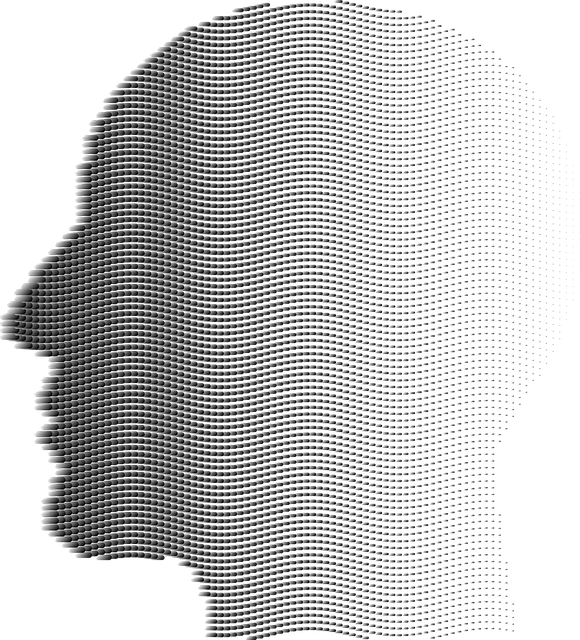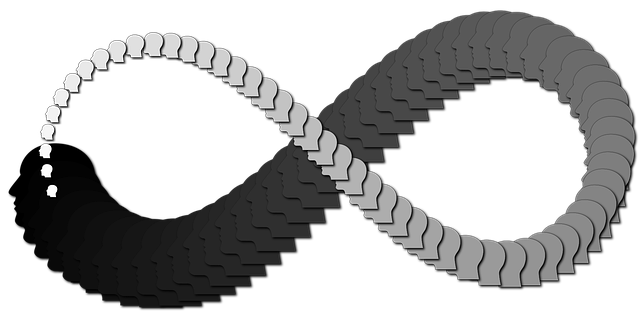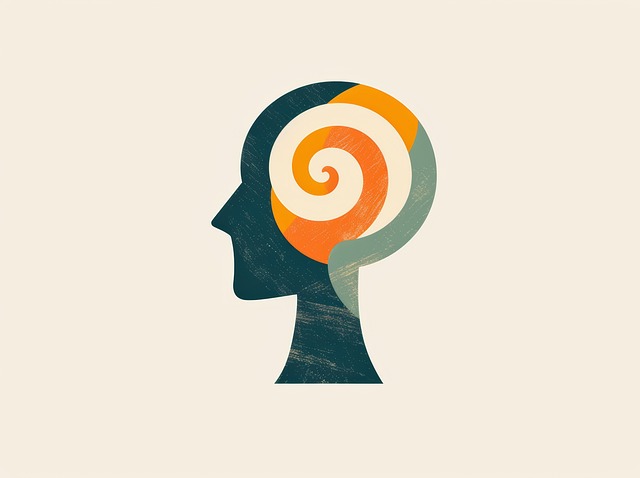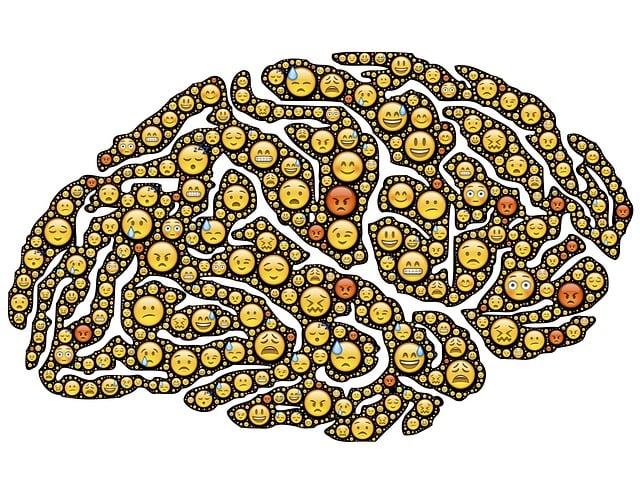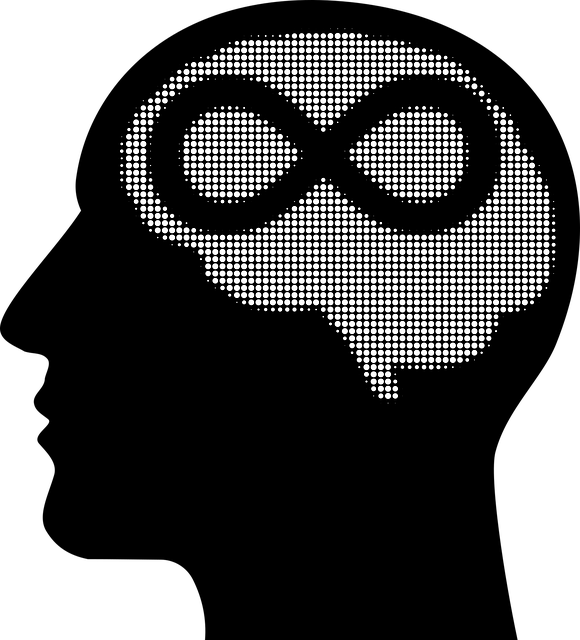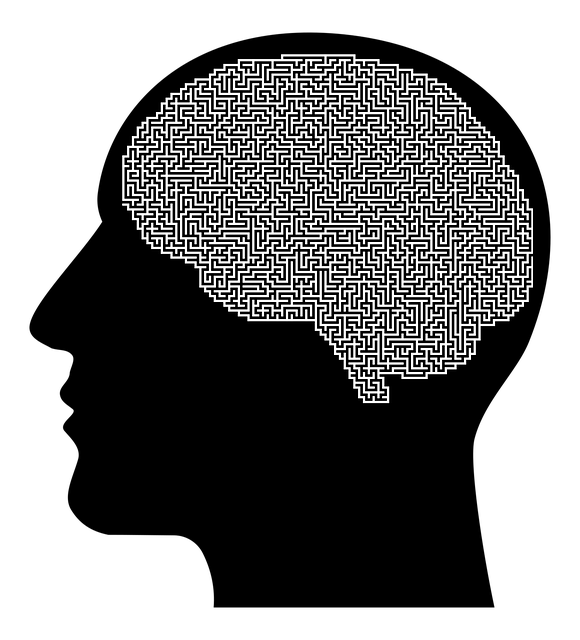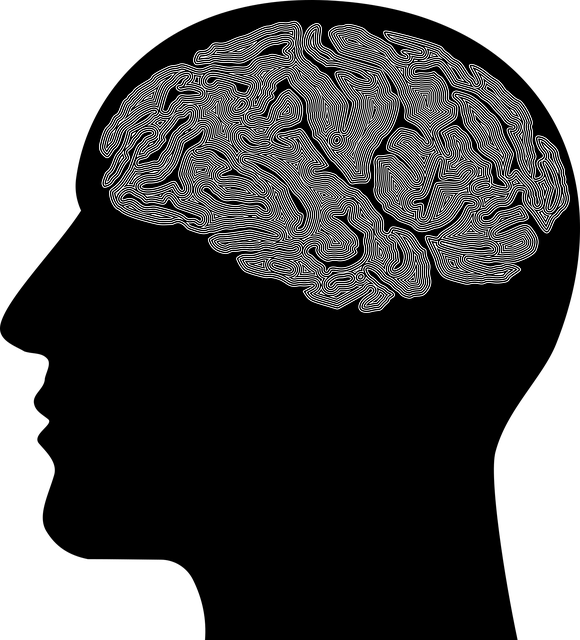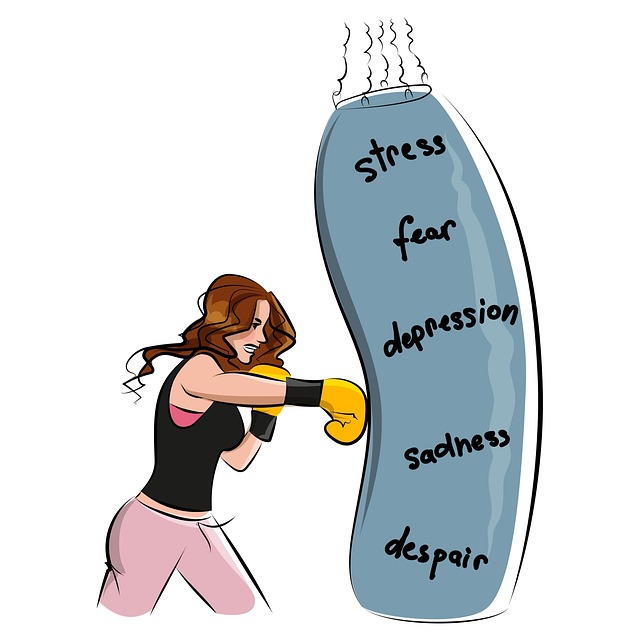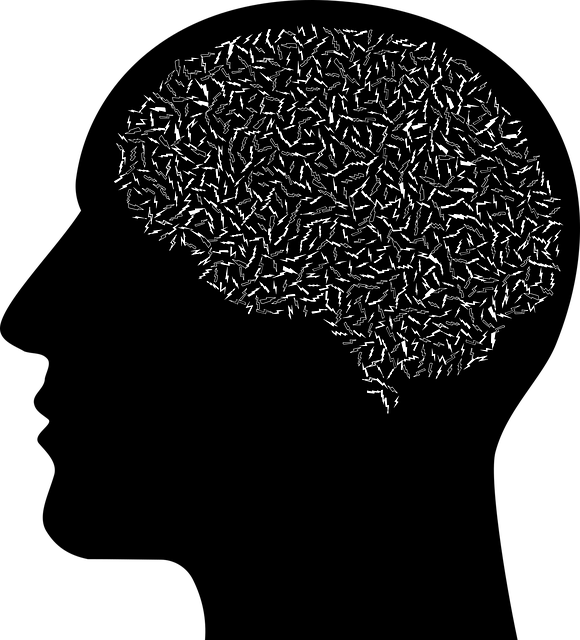Northglenn Geriatrics Therapy utilizes its RFM (Recovery, Function, Mastery) model to build resilience in older adults, focusing on physical and mental health. This holistic approach includes tailored exercises like chair yoga, coping skills development, and evidence-based practices like mindfulness meditation. By aligning activities with individual interests and providing a supportive environment, Northglenn Geriatrics Therapy equips seniors to overcome challenges, enhance emotional regulation, and navigate life's stressors effectively. Their patient-centric strategy, combining stress management workshops and cultural competency training, ensures tailored resilience-building for diverse elderly populations.
Resilience is a vital component of geriatric care, enabling seniors to navigate life’s challenges with strength. This article explores RFM (Resource, Freedom, and Meaning) as a framework for building resilience in older adults. We present Northglenn Geriatrics Therapy as a successful model, highlighting its strategies for tailored interventions. By focusing on age, functional ability, and motivation, therapists can design effective exercises. This comprehensive guide offers insights into implementing and measuring these resilience-building programs, with practical examples from Northglenn’s innovative approach.
- Understanding RFM and Its Significance in Geriatric Care
- Northglenn Geriatrics Therapy: A Model for Resilience Building
- Identifying Key Factors: Age, Function, and Motivation
- Designing Effective Resilience Exercises for Seniors
- Implementing and Measuring Success: Strategies for Therapists
Understanding RFM and Its Significance in Geriatric Care

In the realm of geriatric care, understanding and implementing effective strategies to enhance resilience is paramount. Resilience, a key component in navigating the challenges that come with aging, involves the ability to adapt and bounce back from difficulties. One such powerful tool that Northglenn Geriatrics Therapy employs is the RFM (Recovery, Function, and Mastery) model. This approach recognizes the significance of supporting older adults in their recovery journey while fostering self-care routine development for better mental health and cultivating inner strength development.
By focusing on these three dimensions, RFM enables individuals to rebuild their lives after setbacks or traumas. Self-awareness exercises play a crucial role here, helping patients recognize their strengths and weaknesses, which is the first step towards recovery. This knowledge empowers them to take control of their well-being, leading to improved function and mastery over their circumstances. Through tailored interventions, Northglenn Geriatrics Therapy guides seniors in building resilience, ensuring they can navigate life’s twists and turns with renewed confidence and a sense of empowerment.
Northglenn Geriatrics Therapy: A Model for Resilience Building

Northglenn Geriatrics Therapy offers a compelling model for resilience building exercises within an aged population. By focusing on both physical and mental well-being, this program has shown remarkable results in enhancing the inner strength development of its participants. Through a holistic approach that incorporates various techniques like conflict resolution practices and emotional healing processes, Northglenn Geriatrics Therapy sets a standard for senior care.
The therapy’s success lies in its ability to empower seniors, equipping them with tools to navigate life’s challenges resiliently. By fostering a sense of community and providing dedicated spaces for emotional expression, the program facilitates intergenerational connections and promotes overall well-being. This model can serve as a blueprint for similar initiatives aimed at building resilience among older adults.
Identifying Key Factors: Age, Function, and Motivation

When implementing Resilience Building Exercises (RFM) for Northglenn Geriatrics Therapy patients, identifying key factors such as age, function, and motivation is crucial. Age plays a significant role in tailoring exercises; older adults may require more accessible activities that focus on flexibility and balance to prevent falls. Function refers to each patient’s current mobility level and cognitive abilities, which determine the intensity and type of exercises they can engage in effectively. For instance, chair yoga might be suitable for those with limited mobility while still offering benefits in stress reduction methods and anxiety relief.
Motivation is another critical aspect; patients’ willingness to participate actively influences their adherence and outcomes. Incorporating activities that align with individual interests, such as gardening or music therapy, can boost motivation. Additionally, integrating coping skills development exercises can help patients manage stress and anxiety, enhancing their overall resilience. These considerations ensure that the RFM program at Northglenn Geriatrics Therapy is inclusive and beneficial for all, fostering a supportive environment for elderly individuals to thrive.
Designing Effective Resilience Exercises for Seniors

Designing effective resilience exercises for seniors involves tailoring activities that cater to their unique needs and abilities. At Northglenn Geriatrics Therapy, we believe in fostering a holistic approach to well-being, focusing not just on physical health but also on mental fortitude. Our therapists carefully craft each session, incorporating evidence-based practices such as mindfulness meditation and stress management techniques, which have been shown to significantly improve resilience and overall mental health education programs design.
By integrating these exercises into their daily routines, seniors can enhance their coping mechanisms, combat feelings of isolation and depression prevention, and regain a sense of control. We understand that each individual has different preferences and challenges, so our team adapts the intensity and type of activities accordingly. Through regular practice, seniors can build mental agility, improve emotional regulation, and develop strategies to navigate life’s stressors with greater ease.
Implementing and Measuring Success: Strategies for Therapists

Implementing RFM (Resilience and Strength-based Medicine) exercises in Northglenn Geriatrics Therapy requires a strategic approach to ensure success. Therapists play a pivotal role in guiding patients through this process, adapting techniques to individual needs. Regular sessions focused on stress management workshops can empower patients with coping mechanisms, fostering resilience. These workshops, tailored by therapists, teach mindfulness and relaxation strategies, offering tangible tools for navigating life’s challenges.
Measuring the effectiveness of RFM implementation involves tracking patient progress. Therapists can utilize self-reported measures, feedback forms, and even follow-up interviews to gauge improvements in mental well-being and stress levels. Additionally, the Stress Management Workshops Organization recommends utilizing healthcare provider cultural competency training to address diverse patient needs, ensuring inclusive and effective therapy. Public Awareness Campaigns Development can also enhance engagement, encouraging patients to actively participate in their resilience-building journey.
The implementation of RFM (Resilience, Function, and Motivation) principles in geriatric care, as exemplified by Northglenn Geriatrics Therapy, offers a comprehensive approach to building resilience in seniors. By focusing on age-appropriate exercises that cater to individual function and motivation, therapists can significantly enhance overall well-being and quality of life for elderly individuals. This strategic approach not only improves physical and mental health but also equips seniors with the tools to navigate challenges, ensuring they remain independent and engaged in their daily lives. Through careful design and consistent measurement of success, therapists can tailor interventions to create meaningful and lasting positive outcomes for their geriatric patients.

